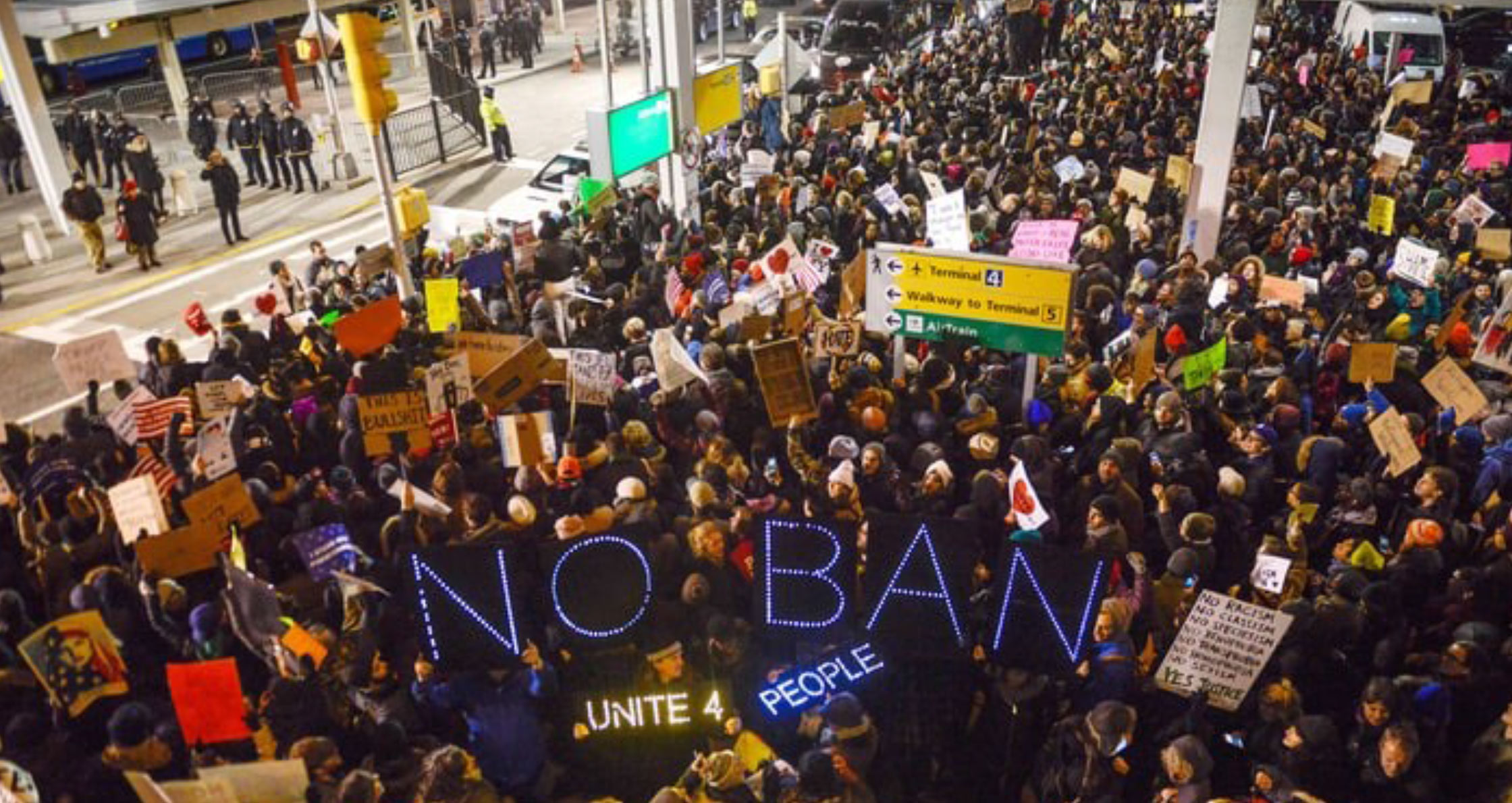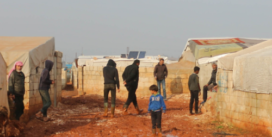- Fall Newsletter, 2025, Issue 15
- Using International Online Learning Modules to Engage Students in the Study of Critical Global Issues
- Upcoming Book Launch: Hearts of Freedom
- Announcing winners of the 2025 CARFMS Essay Contest
- The New York Declaration for Refugees and Migrants and its two Global Compacts: Addressing the Symptoms or the “Root Causes” of Forced Displacement?*
Are Refugees Welcome Here? Trump, Immigration, and Canadian Responses

February 3, 2017
4:30-6pm
Seminar Room, Centre for Ethics
2nd floor, Larkin Building
15 Devonshire Place
University of Toronto
CARFMS IHRP EVENT Poster (PDF)
The Canadian Association of Refugee and Forced Migration Studies (CARFMS) and the International Human Rights Program (UofT) invite you to an informal, information-sharing, and brainstorming session at the Centre for Ethics to discuss the implications of Trump Administration’s Executive Orders on immigration and refugee policy in the US, and political change in Canada.
This interdisciplinary conversation will situate the Executive Orders into a historic and sociolegal pattern of violence against specific communities and discuss how to effect positive change in Canadian law and policy.
Throughout the sixteen year-old “War on Terror,” Muslim and other minorities have been exposed to racially-, religiously-, and ethnically-motivated targeting. Although history demonstrates time and again that refugees are not terrorists, Trump’s Orders specifically link the two and perpetuate the dangerous fallacy that Muslim individuals are sources of danger.
In the wake of the Quebec City massacre at the , this interactive dialogue will address how to effect realizable change quickly and effectively in Canada, as well as how to combat Islamophobia and negative discourses around migration.
Key points of intervention include:
- the Safe Third Country Agreement which limits asylum seekers from coming to Canada through the US and results in needlessly life-threatening journeys and drawn-out legal battles
- the Designated Countries of Origin regime, which works in tandem and separately from the Safe Third Country Agreement to curb and discourage asylum claims from people originating from +40 countries, including the US, Mexico, and Hungary
- the Barbaric Practices Act, a Canadian predecessor for ‘‘extreme vetting’
- reopening the ‘quota’ on Groups of Five and Community Sponsors resettling Syrian and Iraqi refugees to Canada
